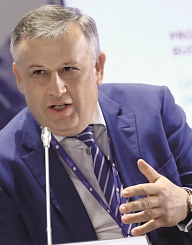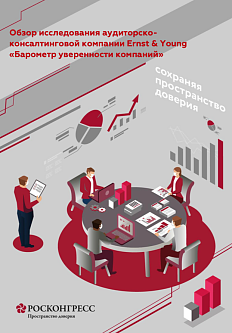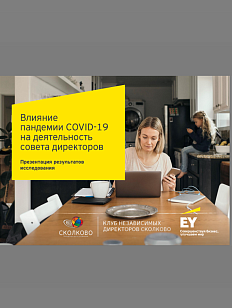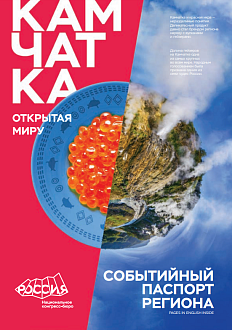What do you expect from SPIEF 2018?
SPIEF is certainly a key event for the Russian economy, and for the global economy as well. Every year, Leningrad Region has its own stand at the regional exhibition, showcasing its investment potential. For us, the signing of investment agreements is an important part of the SPIEF business programme. We sign dozens of big deals with leading Russian and foreign companies every year. The ‘harvest’ the region gathers at the Forum can reach tens of billions of roubles. But that’s certainly not our only goal. Much more important, for us, is the informal environment in which we can network with our partners, hear about their pressing concerns, work out new formats for cooperation, and discuss and resolve pain points.
How can the region’s economy be diversified?
The answer is quite simple: we need to create a climate which favours business growth. Leningrad Region has a stable legislative foundation in place to support entrepreneurism. We offer tax breaks (down to 13% profit tax and 0% property tax) to a fairly large number of companies. Incentives are available to anyone investing 300 million roubles or more. The region uses a transparent ‘single window’ system to interact with investors.
We focus particularly on supporting small and medium-sized businesses. We spend over 500 million roubles annually on direct financial support for startups and social entrepreneurship projects. And we’re seeing genuine results. Today, more than 63,000 SMEs are operating in the region, with a yearly turnover of over 500 billion roubles.
There are three single-industry towns in Leningrad Region: Pikalyovo, Slantsy, and Syasstroy. The economies in those municipalities are in desperate need of diversification. We understand that, and so in 2016 and 2017, we developed promising development projects for each of those towns. In March 2018, the Russian Government issued a decree recognizing Pikalyovo as an advanced special economic zone (ASEZ). The status allows the region to offer unprecedented tax breaks to investors who locate production there.
What is more important: meeting current obligations, or working towards the future?
Both are important. We must provide jobs to the residents of Leningrad Region, along with a comfortable, safe urban environment, affordable medical care, and high-quality education. And that needs to be done today, not in the distant future. That is exactly why our regional budget focuses on social needs. However, if we forget to support the economy, then we will have trouble meeting our social obligations in the future. Leningrad Region’s Strategy 2030 has been developed with that in mind. The central features of that strategy are industrial leadership and the development of transport and logistics. Today, we are also talking about building the digital economy and reforming local governance. Over 20 key projects are underway in the region, all related to improving the investment climate, removing administrative barriers, developing exports, and supporting industry as well as small and medium-sized businesses.
Source: SPIEF-2018 Official Magazine






